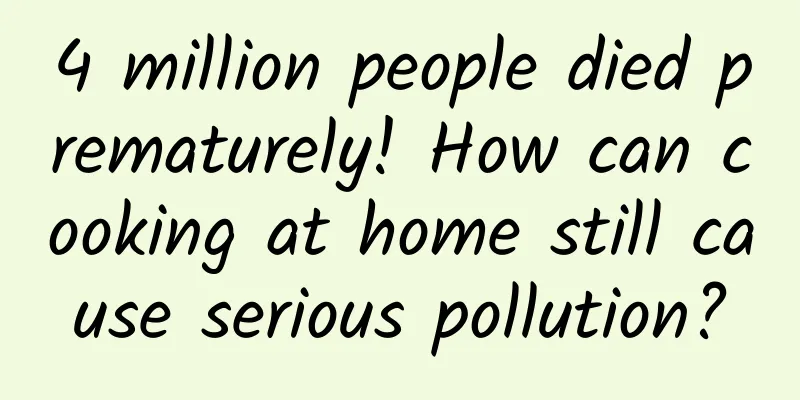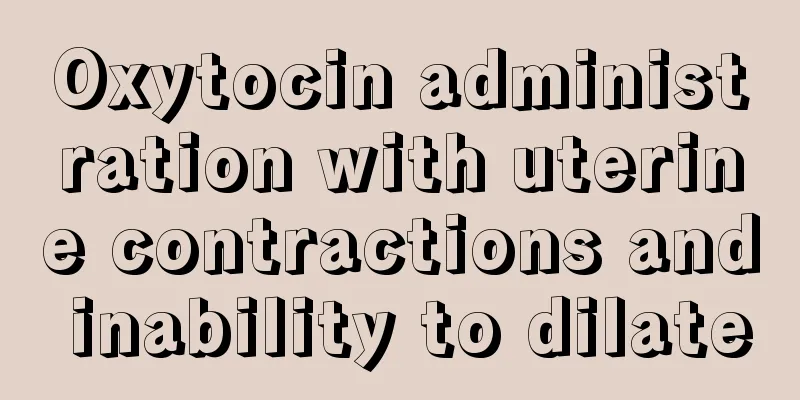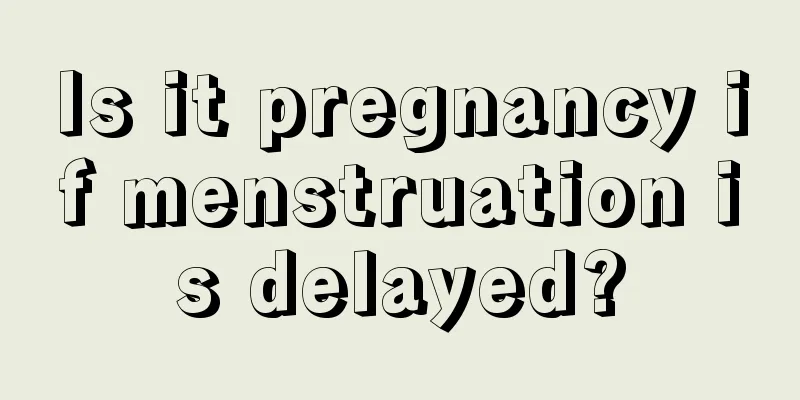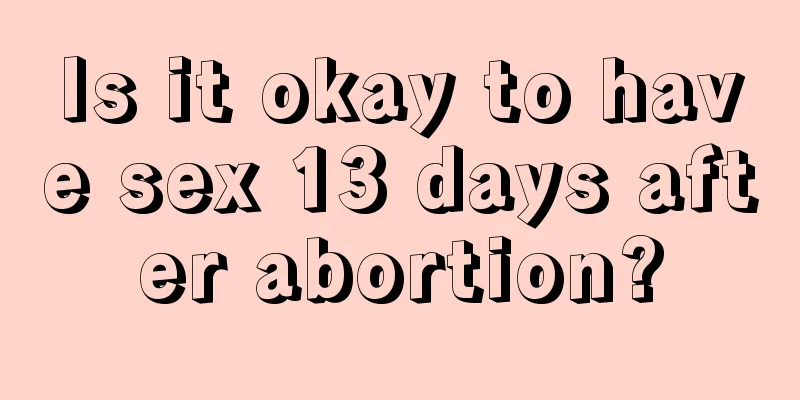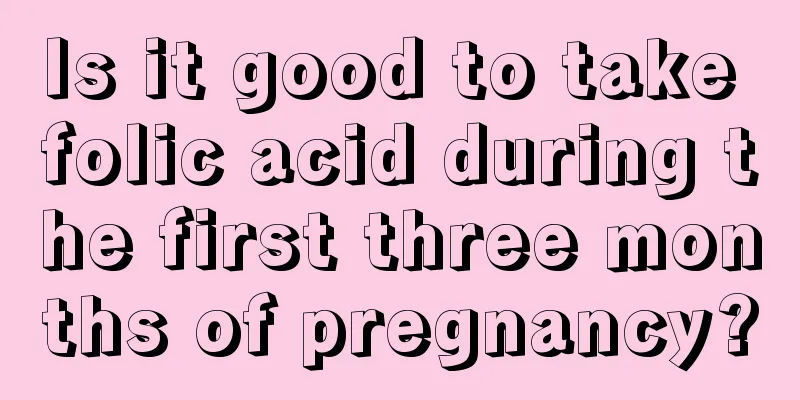Do allergic rhinitis require antibiotics?

|
Although some diseases are called "such and such inflammation", if they are treated with antibiotics, the results may be counterproductive. For example, antibiotics cannot be used casually for allergic rhinitis. In the spring when flowers bloom or when the seasons change, many children will frequently have runny nose, nasal congestion, nasal itching, and sneezing, many of which may be symptoms of allergic rhinitis. What is allergic rhinitis? Allergic rhinitis, formally known as allergic rhinitis, is manifested by paroxysmal runny nose, nasal congestion, sneezing, and nasal itching after contact with allergens; coughing; it can also cause itching of the eyes, ears, and palate; long-term exposure will cause children to become irritable and irritable. Depending on whether the clinical symptoms of allergic rhinitis change with the seasons, it can be divided into perennial allergic rhinitis and seasonal allergic rhinitis. The onset of perennial allergic rhinitis has nothing to do with the season. Symptoms occur all year round and may occur at any time, sometimes mild and sometimes severe. It may occur when you wake up in the morning and then gradually subside. Allergens such as indoor dust, animal fur, mites, etc., have basically the same symptoms as seasonal rhinitis, but the overall severity is milder than seasonal allergic rhinitis. Seasonal allergic rhinitis occurs seasonally, mostly in spring and autumn, and is common in teenagers. Symptoms can appear quickly and are more severe. They can last for hours, days, or even weeks, and the intervals between attacks are completely normal. The most common allergen is pollen, so it is easy to get sick when the flowers bloom in spring or the plants wither in autumn. After the spring and autumn seasons, the symptoms will naturally heal without treatment. How to treat allergic rhinitis? 1. Avoid allergens - Children with clear allergic factors should try to avoid contact with allergens. 2. Nasal irrigation - a safe and convenient treatment method that can flush away allergens and mucus, relieve children's discomfort and reduce allergic reactions. 3. Treatment drugs - nasal glucocorticoid spray, oral antihistamines, leukotriene receptor antagonists, mast cell stabilizers, etc. The main drugs are shown in the table below. 4. Specific immunotherapy - targeting specific allergens, inducing children to gradually develop immune tolerance, reducing or even eliminating clinical symptoms. Allergic rhinitis does not require antibiotic treatment. Allergic rhinitis is a chronic non-infectious inflammatory disease of the nasal mucosa, not an inflammation caused by pathogenic microorganisms (bacteria, viruses, chlamydia, etc.). Antibiotics are only effective against bacterial infections, while allergic rhinitis caused by allergens needs to be kept away from allergens, and glucocorticoids, antiallergic drugs, etc. should be used as prescribed by the doctor when necessary. |
<<: Insomnia, early awakening, headaches, and always avoiding problems may be anxiety disorder
Recommend
Symptoms of egg aging
The aging of eggs may actually lead to infertilit...
What to eat to enlarge breasts after induced abortion
Breast enhancement has always been a hot topic am...
How to treat uterine cold and want to get pregnant?
If a woman's fertility is deprived, she will ...
What is the reason for yellow discharge from the nipples?
Under normal circumstances, women's nipples w...
Tips for girls to grow taller after menarche
Is it possible for girls to increase their menstr...
How to set screen saver for Huawei Honor phone? What to do if Huawei Honor phone keeps freezing?
Screen saver is a special program designed to pro...
Is Guilinggao effective for breast enhancement?
Guiling jelly can nourish yin and strengthen the ...
Singapore bans milk tea advertising. Can drinking milk tea cause diabetes?
Before answering this question, let's take a ...
When frying small fish, should I coat it with flour or eggs first? What is better for frying small fish?
We all know that fried fish is a common delicacy....
The best time to place the ring
As everyone knows, nowadays many female friends t...
20 kinds of bread red and black list: these 4 kinds are really not recommended
Many friends choose bread for breakfast, but ther...
Can I still eat sweet potato leaves when I’m pregnant?
Pregnant women should not eat anything randomly a...
Will green walnut wine be poisonous? Why is the color of green walnut wine black?
Green walnuts have many benefits when used to mak...
Fetal development at 17 weeks and changes in the mother
The development of the fetus at 17 weeks is somet...
What to eat to maintain the uterus after abortion
Every kind of food has its own nutritional value....
